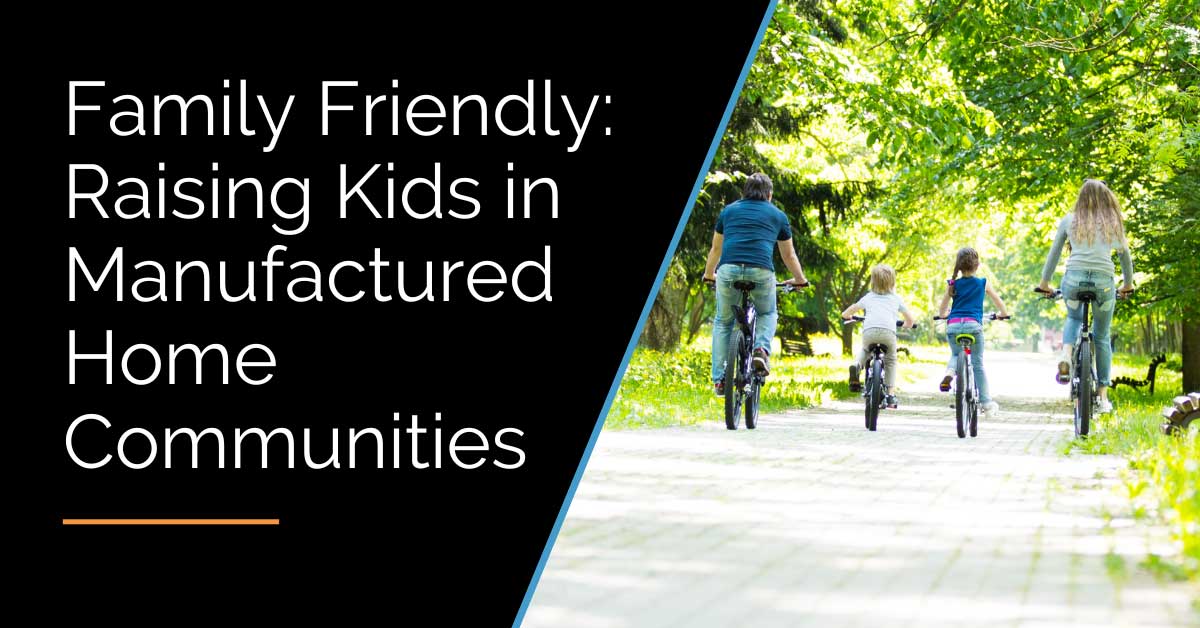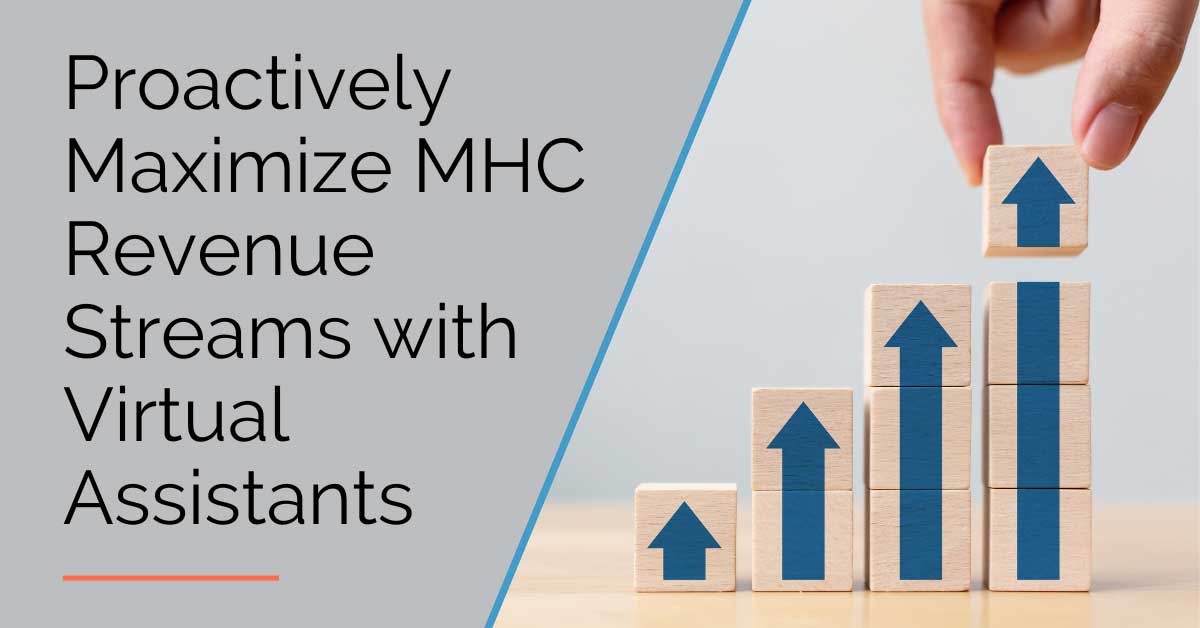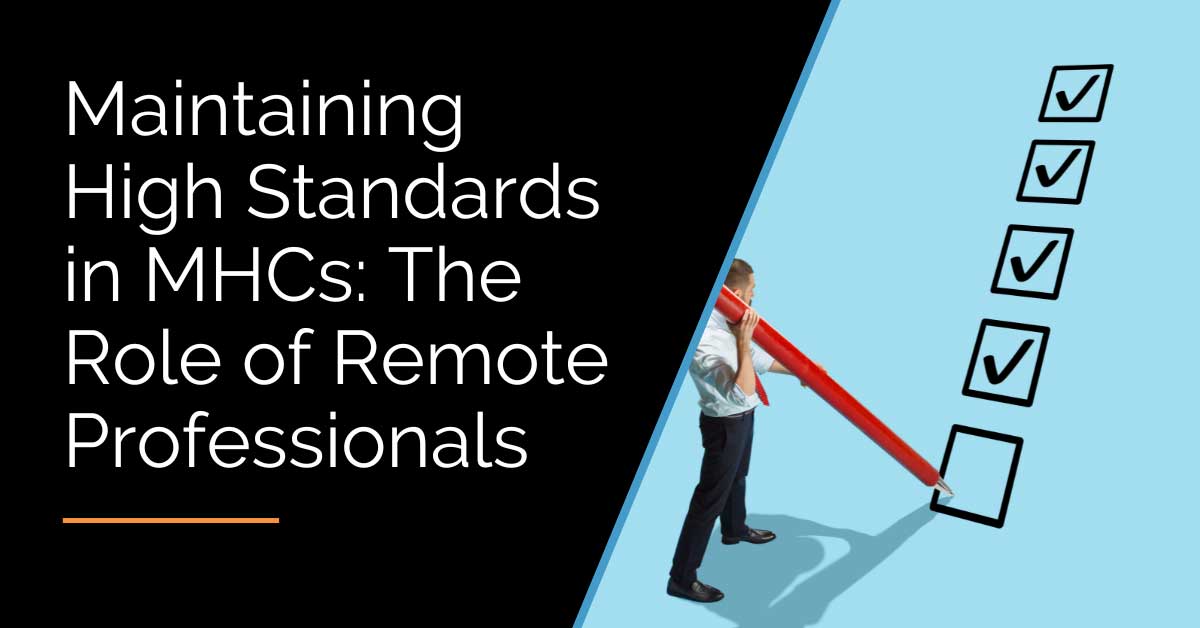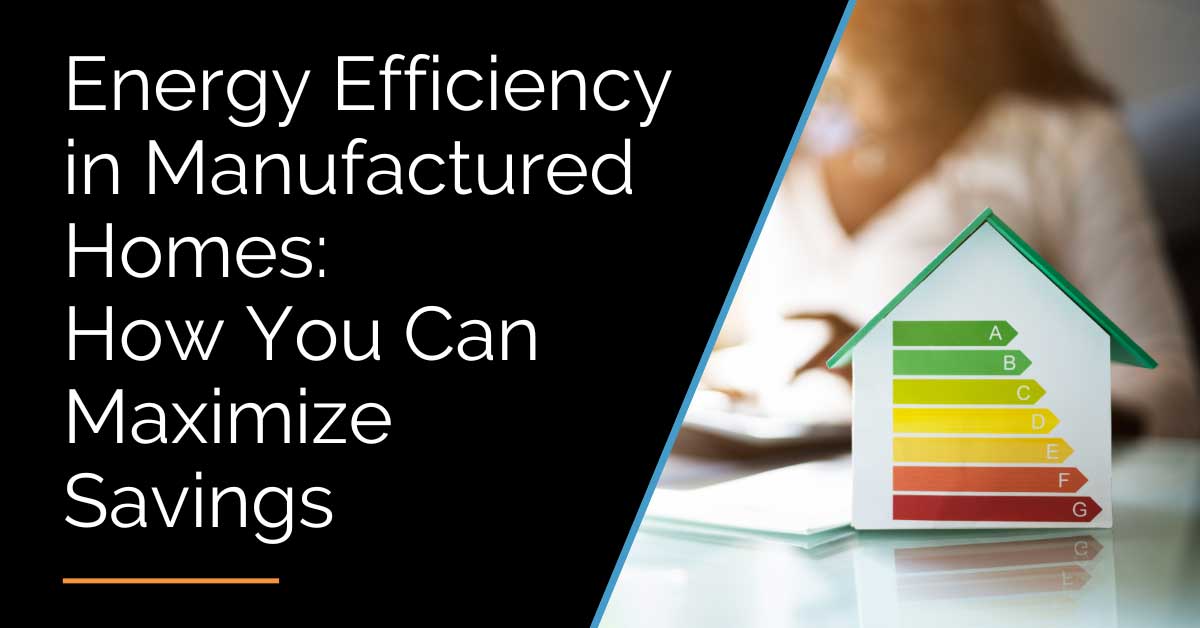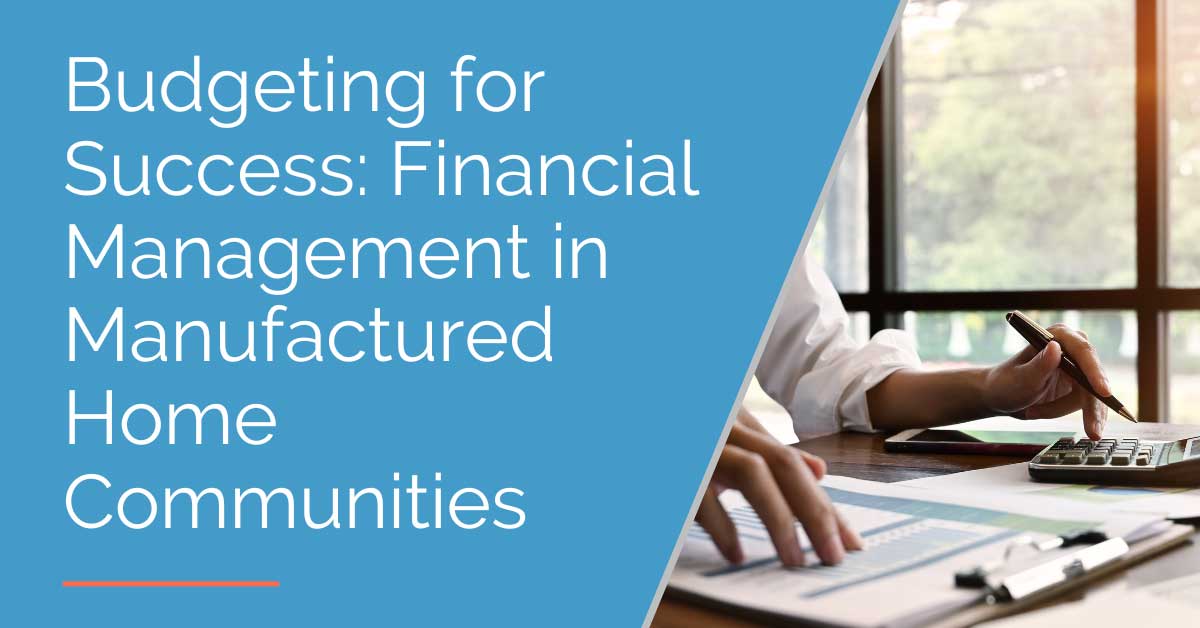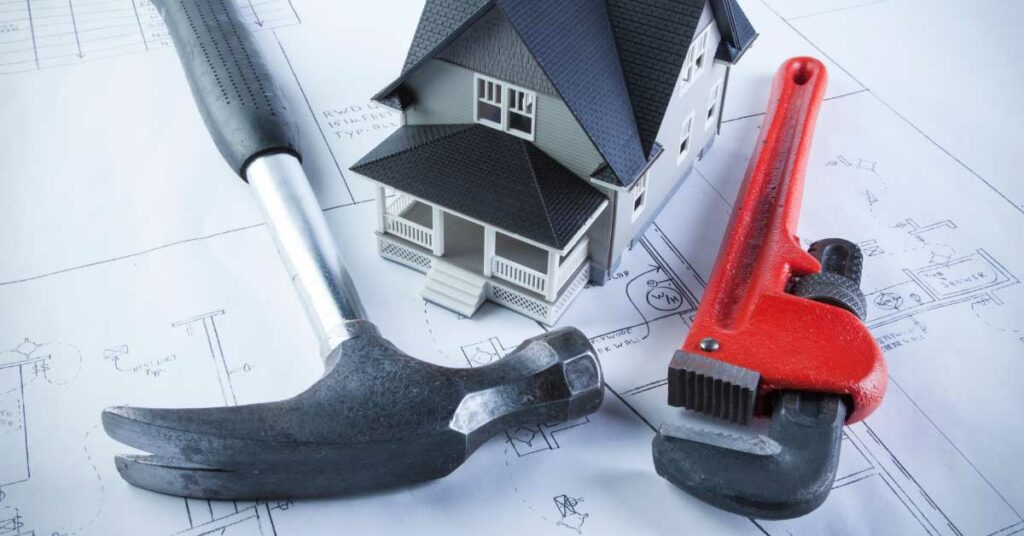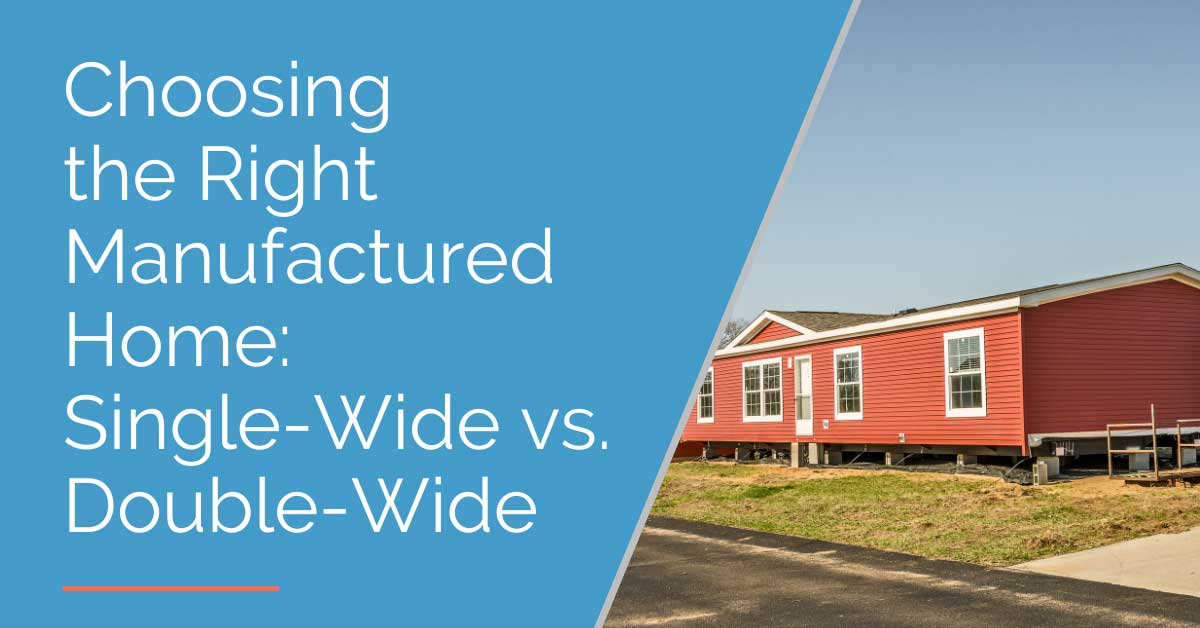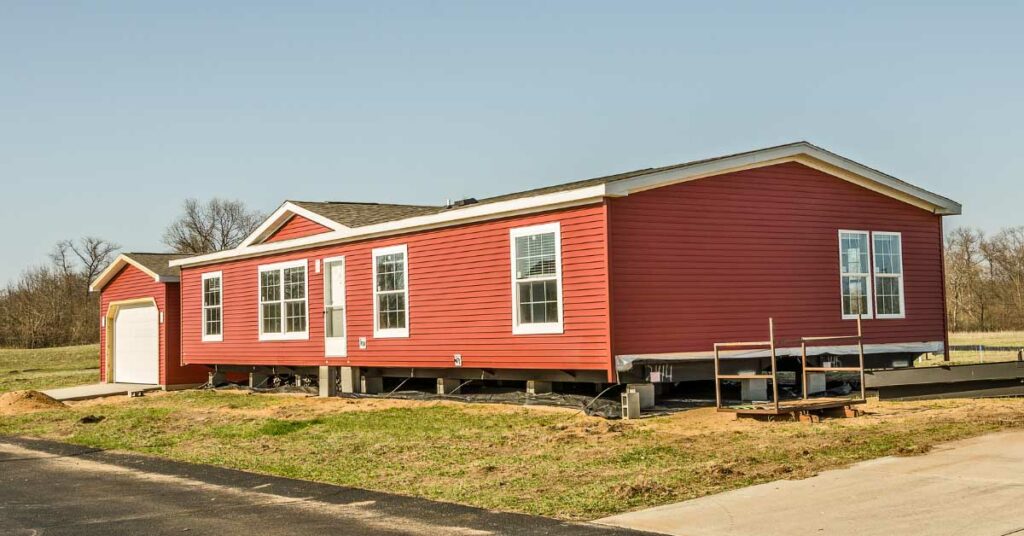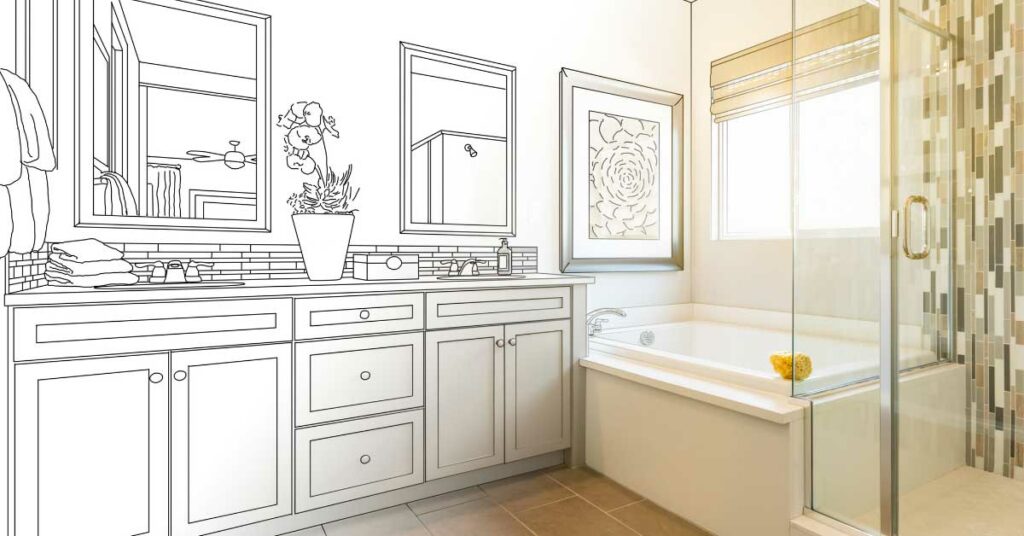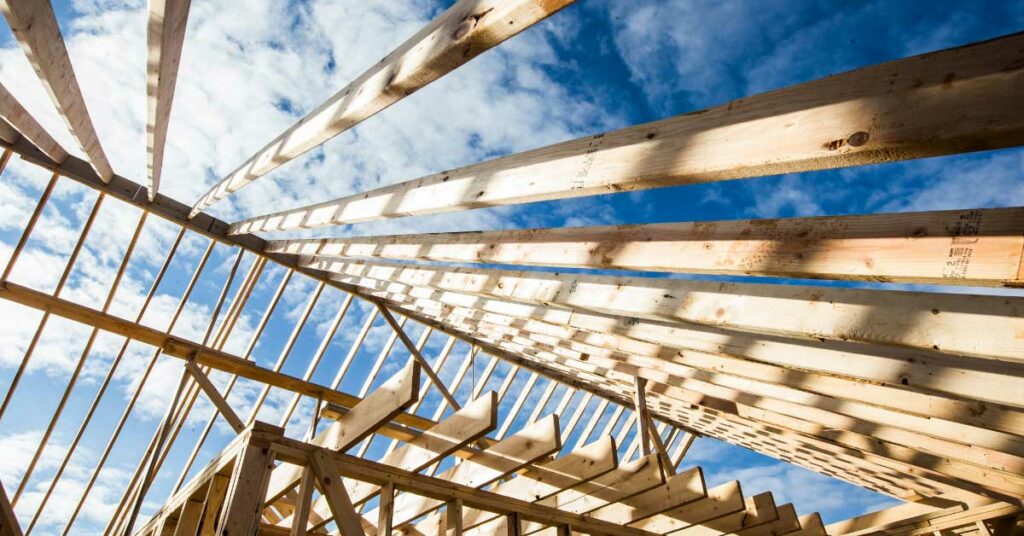The Advantage of Bilingual Virtual Assistants in MHC Management
Why do you need bilingual virtual assitants in your team? In the increasingly diverse Manufactured Home Communities (MHCs) landscape, effective communication is critical.
The ability to cater to a broad range of demographics, particularly those who may not speak English as their first language, can be a decisive factor in the success of a community.
Enter bilingual Virtual Assistants or Remote Professionals, a potent resource for bridging communication gaps and enhancing tenant relationships.

The Increasing Need for Bilingual Communication in MHCs
The United States is a melting pot of cultures, languages, and traditions.
This diversity is reflected in MHCs, which are home to a rich mix of demographics, including a significant proportion of non-English speaking or bilingual households.
A language barrier can present challenges in communication and service delivery, potentially leading to misunderstandings or tenant dissatisfaction.
Bilingual Virtual Assistants: An Asset to MHCs
Bilingual Virtual Assistants are capable of communicating effectively in multiple languages, making them an invaluable asset for MHCs.
Here are a few key ways these Remote Professionals can enhance MHC operations.
Enhanced Communication
Having a bilingual Virtual Assistant allows MHCs to cater effectively to a wider demographic, fostering a sense of inclusivity.
They can communicate with residents in their preferred language, making them feel more comfortable and understood.
Improved Customer Service
Bilingual Virtual Assistants can provide customer service that resonates with a broader audience.
Whether it’s addressing maintenance requests, managing lease agreements, or simply answering general queries, they can do so in a language that the resident understands and is comfortable with.
This level of personalized service can significantly enhance resident satisfaction.
Building Trust and Relationships
Trust is a cornerstone of any successful community.
Bilingual Virtual Assistants can help build and foster trust through effective communication. By interacting in a language that residents are comfortable with, they can foster deeper relationships, improving tenant retention rates in the long run.
Final Thoughts
Bilingual Virtual Assistants are more than just an added advantage; they are a necessity in today’s diverse MHC landscape.
They facilitate effective communication, enhance customer service, and build trust, contributing significantly to a community’s success.
As our society continues to evolve and become more culturally diverse, the importance of catering to this diversity in property management is undeniable.
By embracing bilingual Virtual Assistants, MHCs can break down language barriers, foster a more inclusive community, and provide exceptional service to all residents.
Contact Anequim Today to Hire Your First Virtual Assistant
At Anequim, we recognize the power of effective communication and the vital role it plays in property management. Our team of bilingual Virtual Assistants is uniquely equipped to handle communication needs in multiple languages, ensuring that no resident is left feeling misunderstood or unattended.
Our Remote Professionals can help bridge the communication gap in your Manufactured Home Community, providing quality service that resonates with all residents, irrespective of their native language. They are well-trained in the nuances of property management and equipped to handle all aspects of your operations, from lease management to maintenance coordination and everything in between.
With Anequim’s bilingual Virtual Assistants, you can foster an inclusive community, enhance tenant satisfaction, and achieve operational excellence. Reach out to us today to learn more about our specialized services and how we can assist you in meeting your community’s diverse needs.


